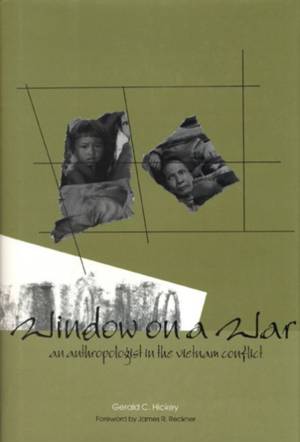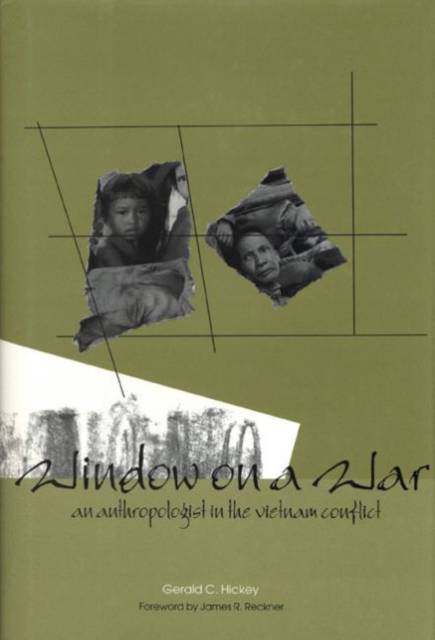
- Retrait gratuit dans votre magasin Club
- 7.000.000 titres dans notre catalogue
- Payer en toute sécurité
- Toujours un magasin près de chez vous
- Retrait gratuit dans votre magasin Club
- 7.000.000 titres dans notre catalogue
- Payer en toute sécurité
- Toujours un magasin près de chez vous
Description
When Gerald Hickey went to Vietnam in 1956 to complete his Ph.D. in anthropology, he didn't realize he would be there for most of the next eighteen years--through the entire Vietnam War. After working with the country folk of the Mekong Delta for several years, in 1963 Hickey was recruited by the Rand Corporation, which was contracted by the U.S. government to study and report on the highland tribes. From the buildup to war, when mountain tribespeople still lived in longhouses and cut and burned brush to clear fields for nice, to near the end of the conflict, when he sailed away from Vietnam on the S.S. Idaho, Gerald Hickey experienced it all. He lived through the horrible Viet Cong night attack on the Nam Dong Special Forces Camp in July 1964, and he survived the full-scale battle at Ban Me Thuot during Tet, 1968. Worst, he witnessed the decline of the mountain people from proud highlanders to refugees from a war none of them wanted and few understood. Hickey became respected by all parties as a fair intermediary between the highlanders, the American mission, and to some extent the Saigon government. His understanding of the montagnards, and his representation of their interests, helped to resolve their conflict with Saigon in 1965 and assured their alliance with U.S. forces through the rest of the war. These are his experiences, told with the calm yet deep emotion of a man who invested a major portion of his life and career in the events of the war and with the people among whom he lived and worked. His is a unique viewpoint and one to which we should attend. "[Hickey's] studies of these independent, brave, and misunderstood people provide the scholarly record; this fine book expresses his devotion and his despair at their inevitable and often cruel assimilation." --Douglas Pike
Spécifications
Parties prenantes
- Auteur(s) :
- Editeur:
Contenu
- Nombre de pages :
- 395
- Langue:
- Anglais
- Collection :
Caractéristiques
- EAN:
- 9780896724907
- Date de parution :
- 15-11-02
- Format:
- Livre relié
- Format numérique:
- Genaaid
- Dimensions :
- 175 mm x 223 mm
- Poids :
- 743 g







